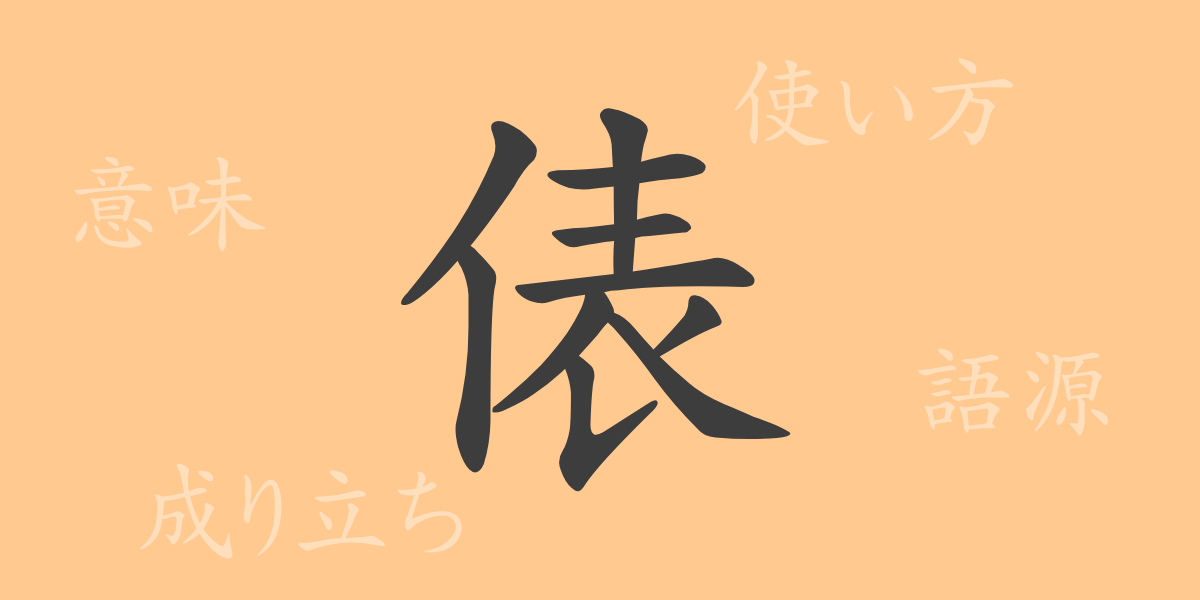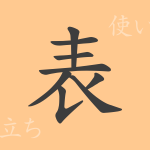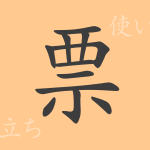“`html
The beauty of the Japanese language is reflected in its characters. One of the 常用漢字 (jōyō kanji) is “俵 (tawara),” a character deeply rooted in Japanese history and culture. In this article, we explore the origins and modern usage of “俵 (tawara),” unraveling the meaning embedded in a single kanji and delving into the profound depths of the Japanese language.
Origins of 俵 (tawara)
The character “俵 (tawara)” is a kanji that originated from ancient China, originally representing a cloth bag used to wrap rice or grains. Over time, it evolved to denote a unit of measure for transporting goods. In Japan, “俵 (tawara)” came to be used as a unit for measuring rice and other grains, eventually becoming widely adopted in everyday life.
Meaning and Usage of 俵 (tawara)
“俵 (tawara)” primarily refers to a bag used for wrapping and transporting goods, or the quantity contained within such a bag. In Japan, one “俵 (tawara)” of rice is approximately 60 kilograms, making it a familiar unit of measurement since ancient times. Metaphorically, it can also mean “to distribute resources beneficial to others.”
Reading, Stroke Count, and Radical of 俵 (tawara)
The kanji “俵 (tawara)” has distinctive readings and composition:
- Readings: The on’yomi (音読み) is “ヒョウ (hyō),” and the kun’yomi (訓読み) is “たわら (tawara).”
- Stroke Count: The kanji “俵 (tawara)” consists of 15 strokes.
- Radical: The radical is “亻 (にんべん, ninben),” categorizing it among characters related to people.
Idioms, Expressions, and Proverbs Using 俵 (tawara)
Here are some idioms, expressions, and proverbs that include “俵 (tawara):”
- 俵物 (たわらもの, tawaramono): Goods such as rice or grains that can be packed and transported in a “俵 (tawara).”
- 俵万智 (たわらまち, tawaramachi): An expression meaning to possess a vast amount of wealth or resources, derived from counting units of “俵 (tawara).”
- 俵を分ける (たわらをわける, tawara o wakeru): To distribute profits or resources.
- 俵に縄を掛ける (たわらになわをかける, tawara ni nawa o kakeru): A phrase indicating that something is nearly complete, with only the final touches remaining.
Summary of 俵 (tawara)
“俵 (tawara)” is a kanji closely tied to traditional Japanese life and culture, used since ancient times. Beyond its role as a unit of measurement, it appears in idioms and proverbs, reflecting its deep-rooted presence in daily life and human psychology. Understanding the diverse meanings and usages embedded in a single character like “俵 (tawara)” helps appreciate the richness of the Japanese language.
“`

























